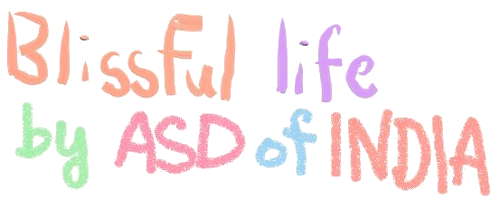"You need power only when you want to do something harmful. Otherwise love is enough to get everything done." ~Charlie Chaplin
Judah (JP) sent me that quote in response to a question that I had posed JP. The question was something like this: "You need power to do things and attain change. But power is the root cause of all the wrong that you're trying to change. How do we reconcile between these?"
In hindsight, it is the conceptualization of power that was the problem. I was thinking about hard power earlier. It is perhaps enough to have soft power. Power to "shape the preferences of others through appeal and attraction".
Love is an excellent framework. There are many contradictions that the power framework gives rise to. Love makes those contradictions disappear.
Take redistribution of power, for example. When we try to gain power, we have to grab power from someone else. Sharing power weakens power. Yet if our aim is to redistribute power for a more equal society, we can't keep on grabbing power forever. When do we start redistributing power? That's a contradiction which the power framework cannot solve.
Another issue is that of collaboration. The power framework forces you to think of others as your competitors. Every meeting becomes a negotiation. The stress of holding on to power forces one to sabotage collaborations. Only equal powers can collaborate without fear.
A third contradiction is with respect to "the means to an end". Using power to change the world feels like using an illegitimate force to pressurize the world into change. It doesn't feel like the change will sustain.
And what are the practical ways to gain power in today's world? It seems to me like the path to power is riddled with compromises far greater than an altruistic pragmatist would be willing to make.
In all, power is riddled with contradictions. And love makes them disappear.
Sharing is built into love. Love doesn't shrink when shared. There's enough to give everyone love.
Collaboration is how love operates. Love encourages sincere engagement. Love assumes good faith.
Love is a lovely means to a lovely end. Love does not feel illegitimate.
When you operate through love, you can remain rooted in your principles. There is no compromise required because you have nothing to gain by making compromises. You love your enemies just as you love your friends. And you stand by your values while you explain to them with love why they should embrace those values.
There are several advantages that the love framework has.
It is low on emotional overhead. Because you respond to hate with love, you turn anger into love, you tackle resistance with love, you push inertia with love, you find energy in love. Everything becomes love. Simple. Of course, all the other emotions are valid too. That's where self-love comes in :D
It sets up opportunities for engagement. Because you don't have enemies anymore, the number of people you can work with becomes very very high and the number of things you can do becomes uncountable. (Of course, that's what I wrote in "giving up ideological purism" too. Seems like love is a framework to regain the certainty of ideological purity).
When it comes to changing individuals, love has a pretty disarming charm. Love makes calculations easier in making complex decisions. It is overall more productive.
There could be disadvantages too. I'll probably come across them when I've explored this path more. I'll write about those then.

Thanks for writing this, keep exploring. Reminded me of something.
ReplyDeleteThe late feminist Kamla Bhasin often used this phrase, that the power of love could overcome the love of power.